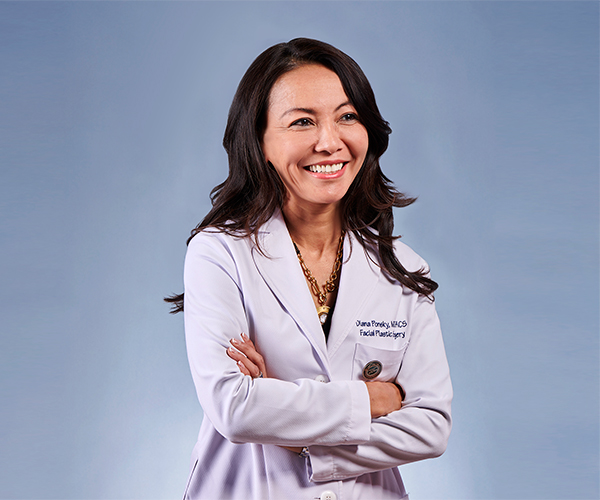You know it’s more than just a cold when you have unusual symptoms such as weight loss and vomiting. But only a primary care physician and a battery of tests can detect a rare condition like cystinosi, a genetic kidney disorder. The National Institutes of Health has identified 6,000 rare diseases, which afflict 25 million Americans. That makes getting treatment nothing short of long and difficult — one of these conditions can affect fewer than 200,000 Americans at any time. We asked Dr. George Kikano, family medicine department chairman at University Hospitals, what to do when facing a rare condition.
Ask your doctor. Primary care physicians can direct you to subspecialists, who can run further diagnostic tests until they pinpoint what’s wrong. Sometimes that involves visiting more than one subspecialist in different hospital systems.
Keep your doctor informed. “You need someone to help navigate the complex health care system,” Kikano says. Seek guidance from primary care physicians throughout treatment. They will be able to follow you through the process and direct you to the right people for continued care.
Enroll in trials. “Advanced clinical trials are available at only certain designated centers,” Kikano says. “Between UH, the Clinic and Metro, we’re lucky to have first-class facilities across the board.”



